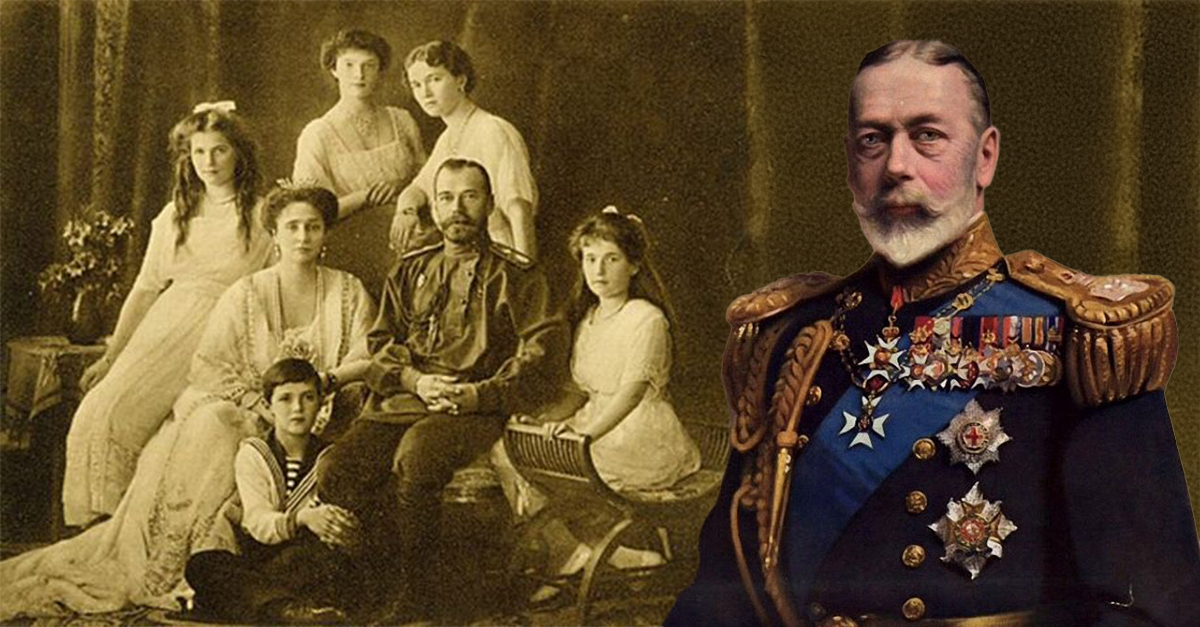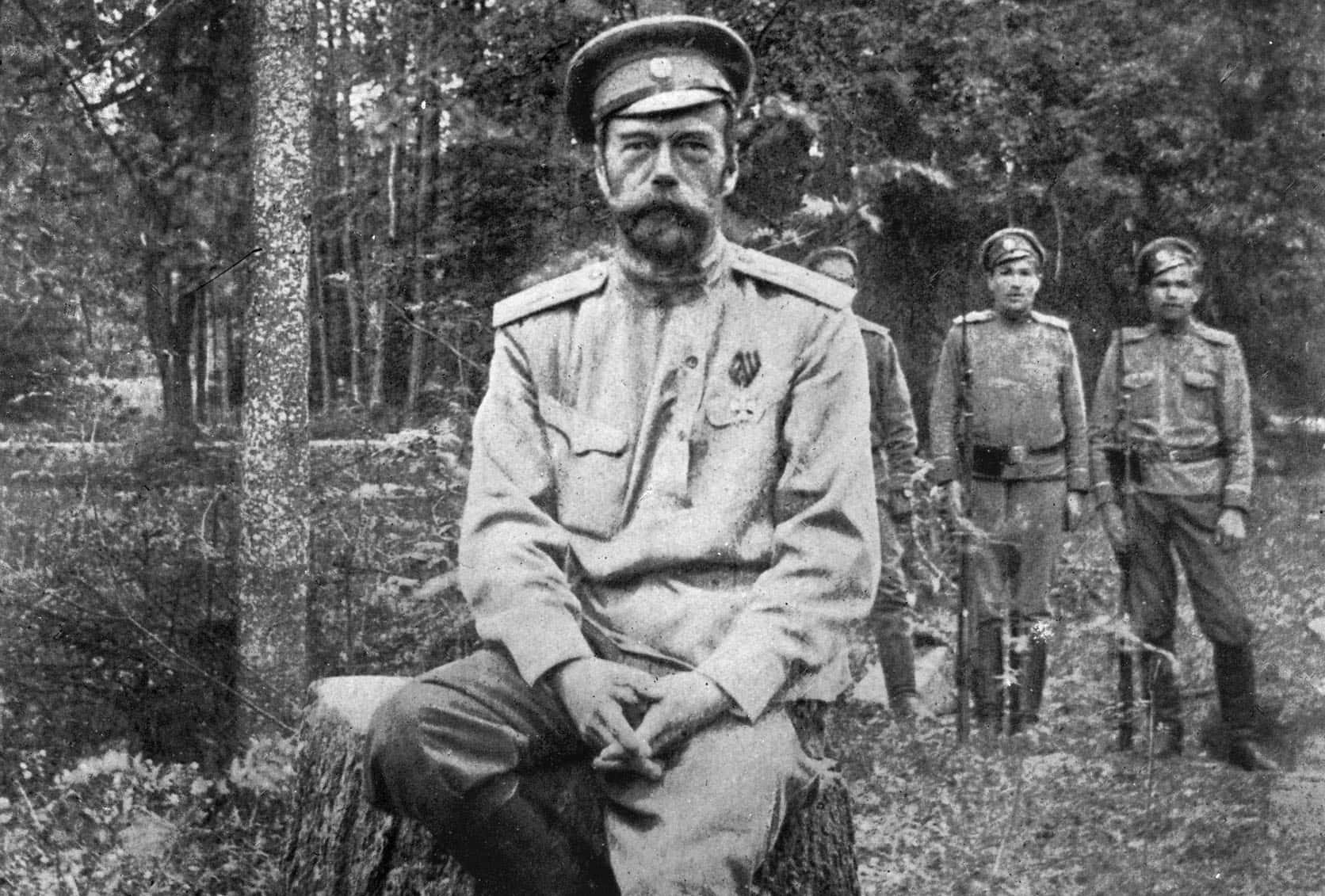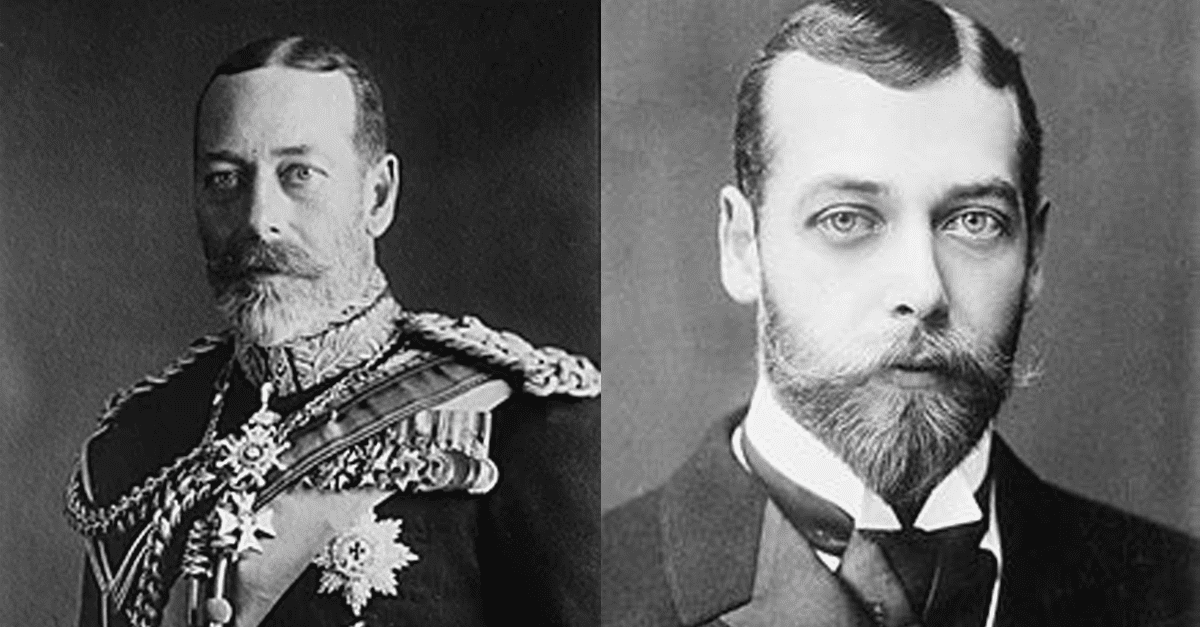In the spring of 1917 the imperial family of Russia, the Romanovs, teetered on the edge of ruin. After the abdication of Tsar Nicholas II the Russian monarchy collapsed and the family was placed under house arrest. Meanwhile their cousin across the sea, Britain’s King George V faced a decision: should the British government offer them asylum? The final decision is one of the great “what-ifs” of history.
Royal Cousins And A Shared Bloodline
King George V and Tsar Nicholas II were more than political allies. They were first cousins and looked remarkably alike. Both were grandsons of Queen Victoria, and their families had long been connected by royal marriages across Europe. This close relationship at first made the idea of asylum seem natural, even inevitable. The Romanovs’ initial request for protection in Britain came with the expectation that kinship and political alliance would translate into rescue.
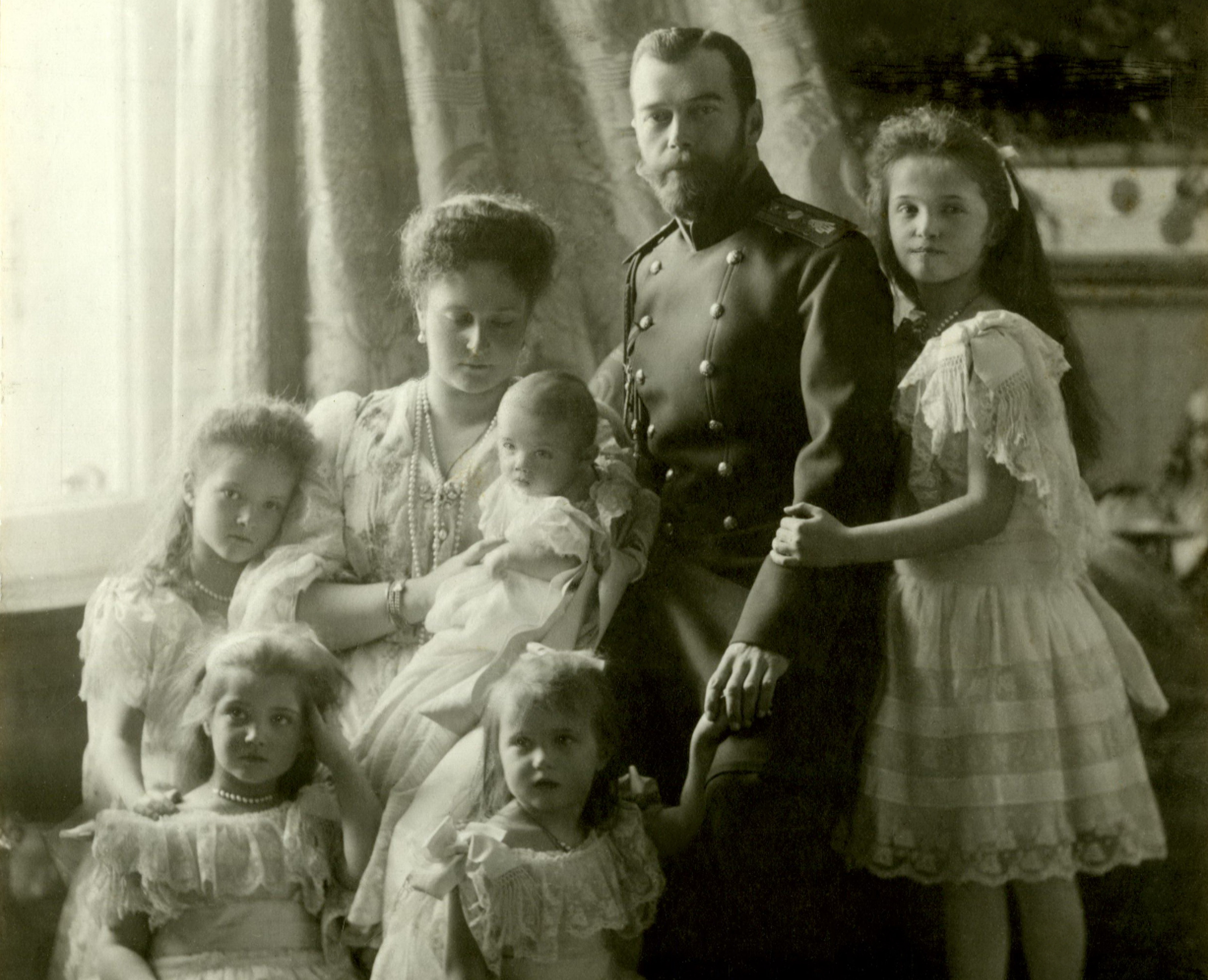 Boasson and Eggler St. Petersburg Nevsky 24, Wikimedia Commons
Boasson and Eggler St. Petersburg Nevsky 24, Wikimedia Commons
Initial Plans For Rescue Were Real
Shortly after Nicholas’s abdication, Prime Minister David Lloyd George did quietly approve an offer of asylum to the Romanovs. The decision was backed by the Foreign Office and by British ambassador to Russia, Sir George Buchanan. A telegram was even sent indicating Britain’s willingness to accept the monarch and his family. But this offer was suddenly and mysteriously withdrawn; the reasons why remain controversial.
Public Opinion And Political Instability
One factor that influenced Britain’s change of heart was domestic public opinion. In wartime Britain, the mood was increasingly anti-monarchist and anti-German. Though the Romanovs were Russian, Empress Alexandra’s German background made her unpopular in Britain. The Labour movement and press warned that bringing a dethroned tsar to Britain could provoke unrest or damage Britain’s democratic image at home and abroad.
George V’s Personal Retreat
While the British government faced political calculations, King George V’s own role in the decision is murkier. Historians now conclude that George himself withdrew support for the asylum plan. Concerned about the stability of the monarchy during a time of war and rising socialist sentiment, George feared a backlash. Despite his family ties, he ultimately chose crown over cousin, prioritizing his own throne’s survival.
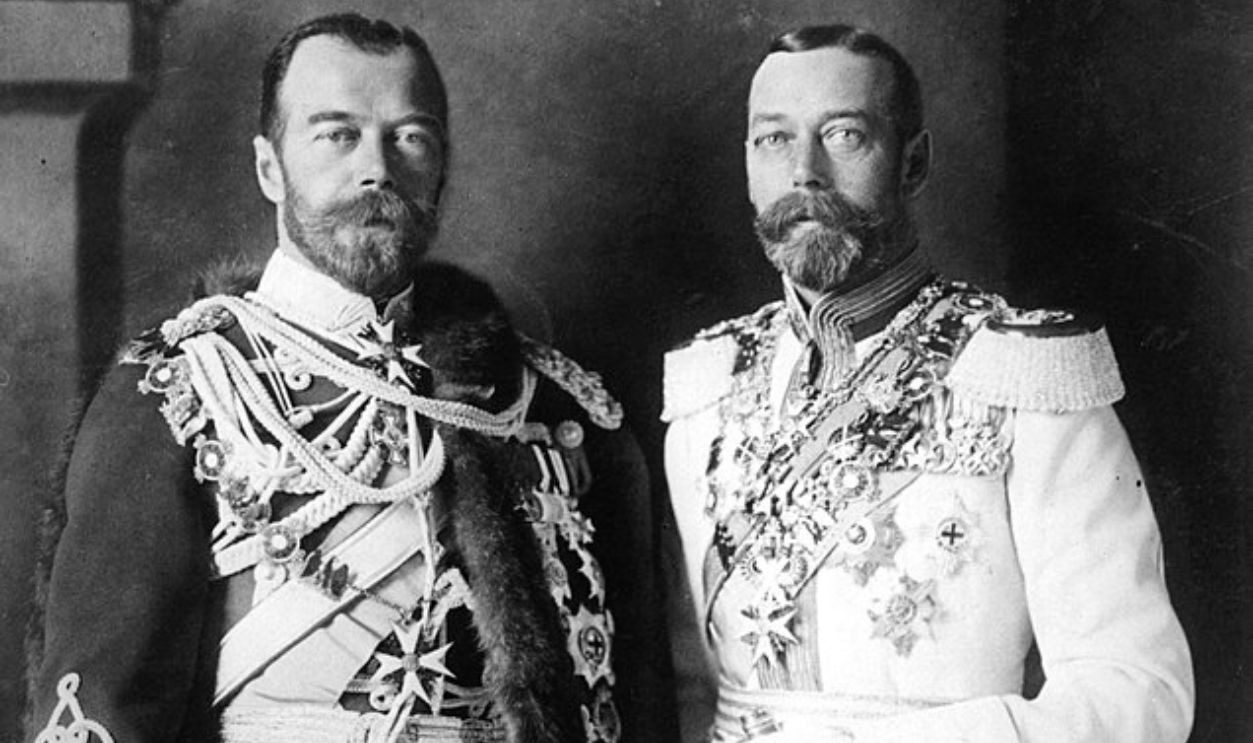 Ernst Sandau, Wikimedia Commons
Ernst Sandau, Wikimedia Commons
The Bolsheviks Tighten Their Grip
By the time Britain’s offer was withdrawn, the Romanovs’ situation had worsened. The Provisional Government that had originally arrested them was overthrown by the Bolsheviks in October 1917. The revolutionary government viewed the Romanovs as dangerous symbols of the old regime. Offers of asylum from other nations, including Spain and Denmark, came too late, or were considered to be diplomatically or logistically impossible.
The Window Of Opportunity Closes
If Britain had acted swiftly in March or April 1917, before the Bolsheviks took power, it is widely believed that the Romanovs could have been moved safely to Britain. At the time, they were under relatively lenient house arrest at the Alexander Palace and later in Tobolsk. Several historians argue that there was a real window of opportunity between March and September 1917, but it was squandered due to hesitation, political concern, and poor coordination.
The Tragic Outcome
In July 1918, under direct orders from local Bolsheviks and with the likely approval of Lenin’s government, Nicholas II, Alexandra, their five children, and four loyal attendants were executed in Yekaterinburg. The murder shocked the world, but by then, the chance for foreign intervention had long passed. The British royal family later expressed sorrow but has never officially acknowledged any failure to act.
Historical Regret And Modern Reassessment
In recent decades, the British royal family's role in the Romanovs’ fate has been reassessed with a more critical lens. Queen Elizabeth II reportedly expressed regret in private conversations over her grandfather George V’s decision. Documentaries and books such as Helen Rappaport’s The Romanov Sisters and Greg King’s The Fate of the Romanovs have brought renewed attention to Britain’s missed chance to intervene.
A Royal Lifeline Withdrawn
Could the British government have saved the Romanovs? The answer appears to be yes—at least during a few critical months in 1917. But political caution, social unrest, and royal self-preservation outweighed family loyalty. The final decision not to offer safe haven is seen as just another of the many moral and diplomatic failures of the era, changing the course of history forever.
You May Also Like:
Brutal Facts About The Most Hated Rulers In World History
26 Facts About The Gruesome Deaths Of Historical Rulers
Devastating Facts About Maria Romanov, The Russian Grand Duchess

